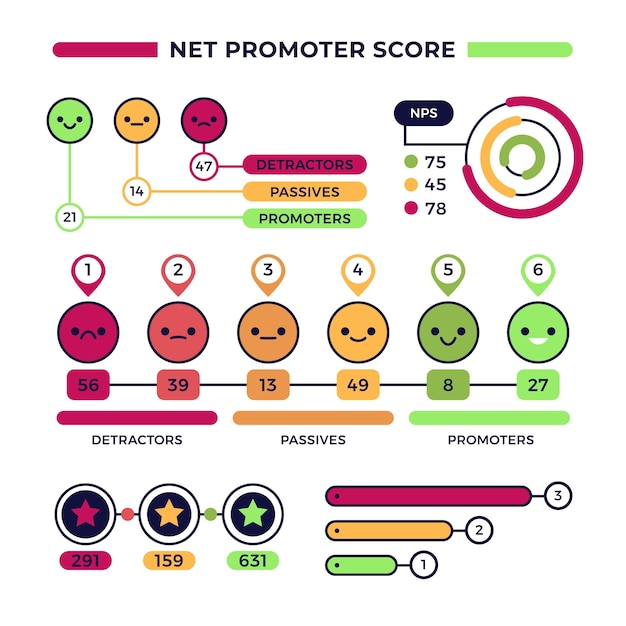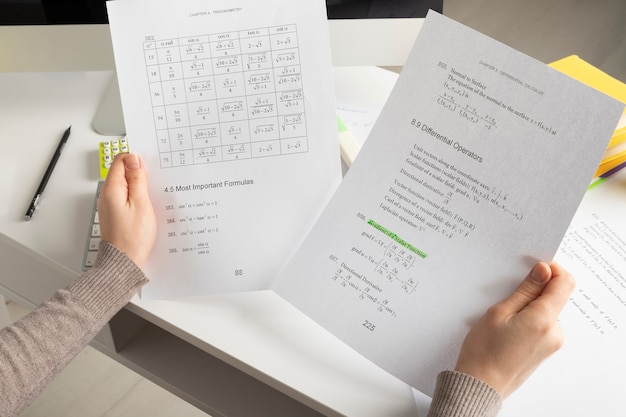
Inversion in Conditional Sentences
In English grammar, inversion refers to the reversal of the usual subject-verb order in a sentence. It is commonly used in conditional sentences, where the condition and the result are stated in different clauses. Inversion can be a useful tool for adding emphasis or creating a more formal tone in your writing.
Types of Inversion
There are two main types of inversion in conditional sentences: conditional inversion and subjunctive inversion. Let’s take a closer look at each of them.
Conditional Inversion
Conditional inversion is used when the if-clause begins with “had” or “were” instead of “if”. This type of inversion is used to express hypothetical or unreal conditions. Take a look at the following examples:
| Normal Word Order | Inverted Word Order |
|---|---|
| If I had studied, I would have passed the exam. | Had I studied, I would have passed the exam. |
| If he were taller, he could reach the top shelf. | Were he taller, he could reach the top shelf. |
In conditional inversion, the subject and the auxiliary verb are inverted, resulting in a more formal sentence structure.
Subjunctive Inversion
Subjunctive inversion is used when the if-clause begins with “should” or “were” instead of “if”. This type of inversion is used to express unlikely or contrary-to-fact conditions. Here are a couple of examples:
| Normal Word Order | Inverted Word Order |
|---|---|
| If it should rain, we will cancel the picnic. | Should it rain, we will cancel the picnic. |
| If I were you, I would apologize. | Were I you, I would apologize. |
In subjunctive inversion, the subject and the auxiliary verb are also inverted, emphasizing the unlikely or contrary-to-fact nature of the condition.
Practice Exercises
Now, let’s test your understanding of inversion in conditional sentences. Try to identify the correct inverted form for each of the following sentences:
1. If she had more time, ___________.
2. If they were here, ___________.
Answers
1. Had she more time,
2. Were they here,
Congratulations on completing the exercises! By mastering inversion in conditional sentences, you can enhance the sophistication of your writing and effectively convey different shades of meaning.



